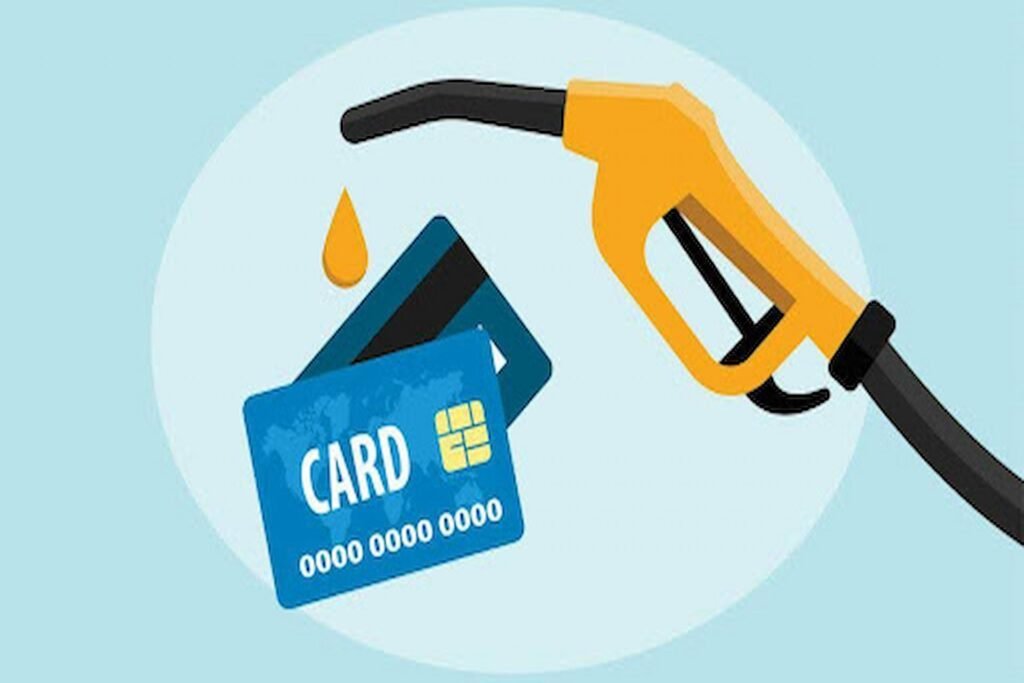Businesses run on data-driven decisions, and fuel spending is no exception. With rising costs and tighter margins, companies are turning to Fuel Card Management Services to optimise expenses, improve transparency, and strengthen strategies. Discover how these services transform raw data into actionable insights that power smarter, more profitable decisions.
In today’s competitive business environment, efficiency and cost control are non-negotiable. Fuel expenses often represent one of the most significant operational costs for companies managing fleets. Without the right systems, overspending, fraud, and lack of visibility can drain profitability. This is where Fuel Card Management Services come into play. By turning everyday fuel transactions into valuable insights, these services empower leaders to make informed, strategic decisions that go far beyond cost savings.
Fuel isn’t just a commodity; it’s a business-critical resource. Rising prices, fluctuating markets, and sustainability concerns make it essential for organisations to track and analyse every litre. When left unmanaged, fuel spending can spiral into hidden costs that eat into margins.
Key challenges businesses face:
- Limited visibility over fuel usage
- Risk of misuse or fraud
- Inefficient reporting systems
- Inability to link fuel data to wider business strategies
What Are Fuel Card Management Services?
Fuel cards themselves simplify payments, but Fuel Card Management Services take it a step further. They provide real-time tracking, advanced reporting, and control tools that allow companies to manage fuel usage with precision.
Core features often include:
- Transaction monitoring – Tracking every purchase down to the time, place, and amount.
- Custom controls – Setting spending limits, restricting card usage, or defining approved merchants.
- Detailed reporting – Consolidated data across drivers, routes, and regions.
- Integration options – Linking fuel spend with accounting or fleet management systems.
These features ensure businesses gain clarity, not just convenience.
Turning Raw Data Into Actionable Insights
One of the most significant advantages of fuel card services is their ability to transform raw purchase data into valuable intelligence. Instead of relying on guesswork or monthly summaries, managers can make proactive, real-time decisions.
For example, advanced analytics can reveal:
- Which routes consume the most fuel
- Patterns of excess idling or unnecessary refuelling
- Seasonal trends in fuel usage
- Opportunities for cost-saving through vendor selection
By applying these insights, companies can reduce waste and increase efficiency.
Aligning Fuel Data With Broader Business Strategies
Data on fuel usage doesn’t exist in isolation. When combined with other operational metrics, it becomes a powerful tool for aligning day-to-day decisions with long-term strategy.
How fuel data supports strategic goals:
- Cost efficiency: Pinpointing areas for reduction without compromising productivity.
- Sustainability: Tracking carbon output and supporting eco-friendly initiatives.
- Compliance: Ensuring that drivers and departments adhere to internal and external policies.
- Growth planning: Using data trends to forecast budgets and resource allocation.
Fuel card services bridge the gap between operational details and boardroom decisions.
Benefits That Go Beyond Cost Savings
While saving money is often the headline, the actual value of Fuel Card Management Services lies in the broader advantages they bring to businesses. These services enhance transparency by documenting and tracing every transaction, reduce risks through advanced fraud detection tools, and improve accountability by ensuring both drivers and managers are responsible for each purchase. They also streamline administration by replacing manual tracking with automated reports, cutting down paperwork and saving time. Additionally, the data trends generated by these systems enable more accurate forecasting and better predictions of future costs. Together, these benefits would allow companies to manage resources more effectively, strengthen their operations, and maintain a competitive edge in today’s fast-paced market.
Best Practices for Maximising Fuel Card Management Services
Simply having access to fuel card systems isn’t enough. Companies must adopt best practices to unlock their full potential.
Practical tips include:
- Regularly review reports – Schedule monthly audits to identify irregularities.
- Set clear policies – Define how, when, and where fuel cards can be used.
- Train employees – Educate drivers and managers on the importance of compliance.
- Leverage integrations – Connect fuel data with fleet management software for holistic oversight.
- Monitor KPIs – Track key performance indicators such as fuel efficiency per route or cost per driver.
By embedding these practices into daily operations, businesses can ensure their Fuel Card Management Services deliver maximum value.
The Future of Fuel Card Technology
The future of fuel card technology is poised to revolutionise how businesses manage their fuel expenses. As innovation advances, Fuel Card Management Services will evolve beyond cost control to become an integral part of digital business strategy. AI-driven insights will predict usage patterns and detect anomalies, while mobile integration will deliver real-time alerts and on-the-go monitoring. Sustainability tracking will help measure emissions and support green initiatives, aligning businesses with environmental goals.
Additionally, blockchain technology will enhance fraud protection through improved security. Together, these advancements will transform fuel card systems into powerful tools for enhancing efficiency, promoting accountability, and driving long-term strategic growth.
Conclusion
Fuel isn’t just an expense—it’s an opportunity to make better business decisions. By adopting Fuel Card Management Services, companies can convert everyday data into actionable insights that drive more innovative strategies. From reducing costs and improving accountability to aligning with long-term sustainability goals, these services unlock hidden potential. In a world where data leads to decisions, fuel card management ensures those decisions are informed, accurate, and profitable.

